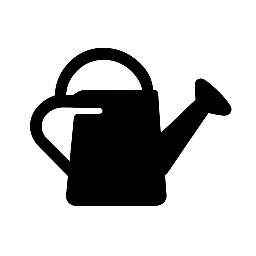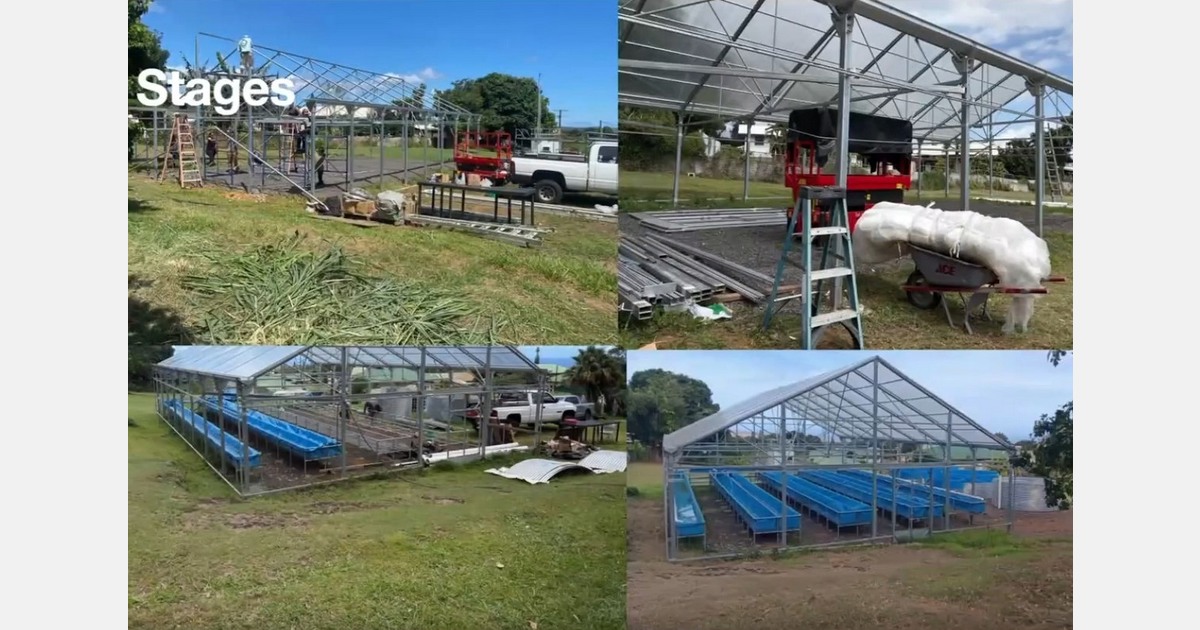In the lush district of Puna, Hawaiʻi, Island Aquaponics & Tilapia Hatchery focuses on sustainable, low-impact farming. Operated by Michael Adrian Barnes and his wife Ori, the off-grid, family-run enterprise integrates fish and vegetable production in a closed-loop system designed to minimize inputs, eliminate pesticides, and preserve the health of the ‘āina (the land).
“We’re completely off-grid,” says Michael, who has spent more than four decades working in aquaculture across four continents. “We aim to produce nutritious fish and vegetables while maintaining the health of the environment that sustains us.”
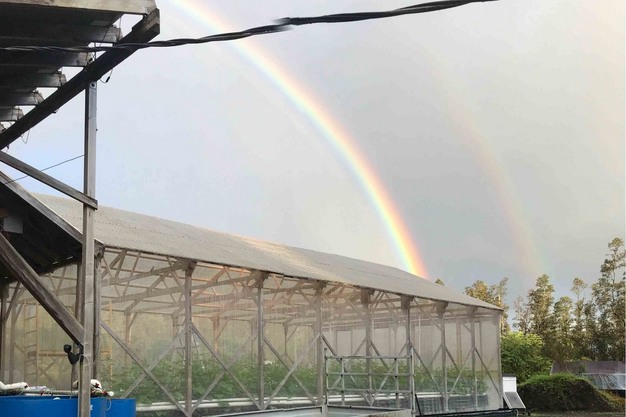 © Michael Adrian Barnes
© Michael Adrian Barnes
From global aquaculture to local roots
Michael’s journey began nearly half a century ago. “I’ve worked in the aquaculture industry in about 20 countries,” he recalls. “But I came back to a childhood love: aquaponics.” Early experiments in Israel’s high desert revealed its potential “for both intensive vegetable growing and fish farming.”
In 2016, he settled in Hawaiʻi, building systems at the University of Hawaiʻi and later on his own farm. When university funding was cut during the pandemic, Island Aquaponics became his full-time project. “We’ve developed several prototypes since then, each improving on the last in terms of efficiency and sustainability.”
Closing the loop
The farm’s design centers on continuous recycling. Rainwater is UV-filtered, and solar power runs pumps circulating water between tilapia ponds and plant canals. “The key,” he explains, “is to recycle the nutrients as many times as possible using the solar energy that’s available.”
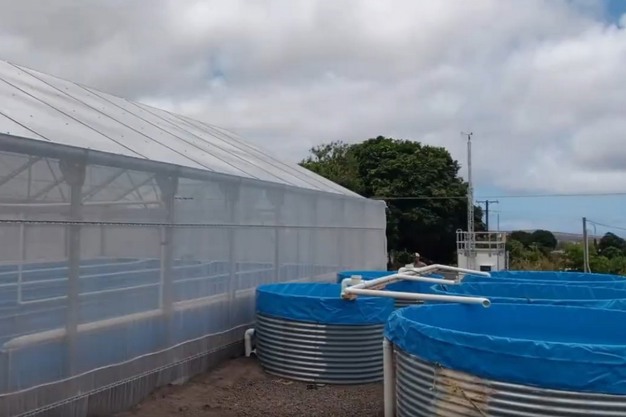 © Michael Adrian Barnes
© Michael Adrian Barnes
Fish waste is mineralized and reused to feed both vegetables and a mixed orchard of taro, turmeric, and tropical fruit trees. The farm is also experimenting with black soldier fly cultivation to convert waste into insect protein. “That way, we can feed the fish with what we produce ourselves.”
Island Aquaponics relies on environmental balance rather than chemicals. “We may have to tell customers our produce isn’t bug-free,” Michael admits, “but it’s clean and safe.” Proper conditions, he says, “mean we haven’t sprayed once in the last year.”
The “Supa Unit” and education
After years of testing, the team developed the Supa Unit—a modular, turnkey aquaponic system designed for small farms and schools. “A Supa can produce fish and vegetables for a small farm and return its investment in a couple of years,” Michael explains.
Interns and volunteers help operate the farm and form part of a growing “Supa Operators” community that shares knowledge and refines designs.
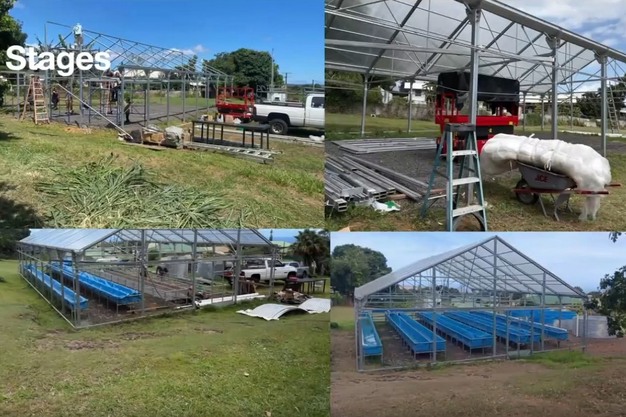 © Michael Adrian Barnes
© Michael Adrian Barnes
Rethinking agriculture
Michael believes aquaponics can help reconnect people to natural systems. “Climate, water, energy, and food are inherently connected. Change one, and you affect the others.” He questions large-scale, tech-driven agriculture and envisions instead a decentralized, cooperative approach. “Cooperation and knowledge sharing between growers will reduce the learning curve for everyone. It’s not about competition but stewardship.”
Education, he says, is the key. “Aquaponics teaches respect for natural cycles. It should be central to agricultural education so students understand the balance between food, water, energy, and culture.”
He concludes: “We need to respect culture, protect the land, and stop allowing the economy to dictate what nurtures us. Food and land are the basis of society, and we neglect them at our peril.”
For more information: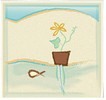
Island Aquaponics & Tilapia Hatchery
P.O. Box 492506 Keaau, HI, 96749
Michael Adrian Barnes, Owner
[email protected]
+1 808 724 7085
